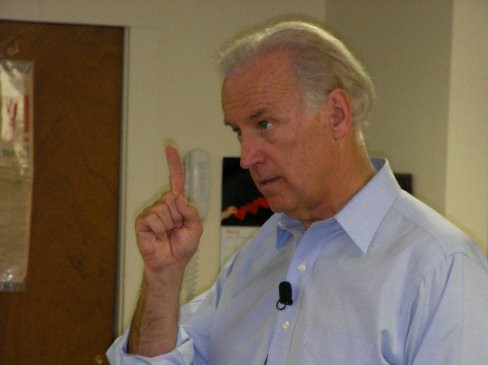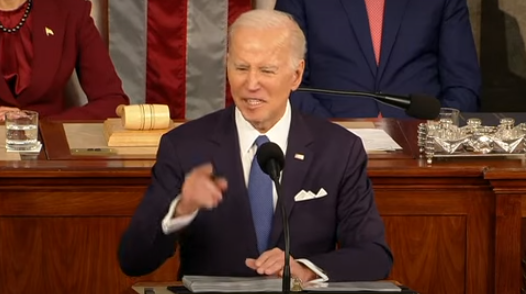In a revelation that has sent shockwaves through political circles and beyond, Robert Hur, the special prosecutor appointed to investigate President Joe Biden’s handling of classified documents, disclosed that the president could not recall the date of his son Beau Biden’s death during an interview with prosecutors.
This detail, emerging amidst an already contentious investigation, has ignited fresh concerns over the president’s capacity and fitness for the high demands of his office.
Beau Biden, the president’s eldest son, tragically passed away from brain cancer in 2015, an event that Joe Biden has frequently referenced as a profound and shaping loss in his life.
The inability of the president to recall such a personally significant date has raised eyebrows and questions, particularly among critics and observers who have previously voiced apprehensions about Biden’s age and cognitive health.
The investigation, led by Hur, a former U.
S.
attorney, focuses on allegations of mishandling classified materials.
However, this latest development shifts some of the spotlight to the president’s mental acuity.
The incident was disclosed in reports by both The Washington Post and ABP News, marking a significant moment that could potentially influence public perception and the political landscape.
Critics of the Biden administration have seized on this lapse as indicative of broader issues, arguing that it underscores existing concerns about the president’s ability to effectively fulfill the responsibilities of his office.
The moment is particularly charged, given the sensitive nature of the investigation and the broader implications for national security and governance.
Supporters of the president might argue that such a lapse is a humanizing moment, reflecting the personal toll of grief and the pressure of leading a nation.
However, in the unforgiving arena of national politics, this incident is likely to fuel ongoing debates about leadership, competence, and the rigorous demands placed on those in the highest echelons of power.
As the investigation into the mishandled classified documents continues, this moment serves as a poignant reminder of the intensely personal challenges that public figures face, even as they navigate the complexities of governance and policy.
The disclosure also prompts a broader conversation about the standards to which we hold our leaders, the nature of public scrutiny, and the delicate balance between personal empathy and the expectations of public service.
This development is sure to be a focal point of discussion and analysis in the days to come, as the nation grapples with the implications of leadership under the weight of personal loss and the relentless demands of political life.



